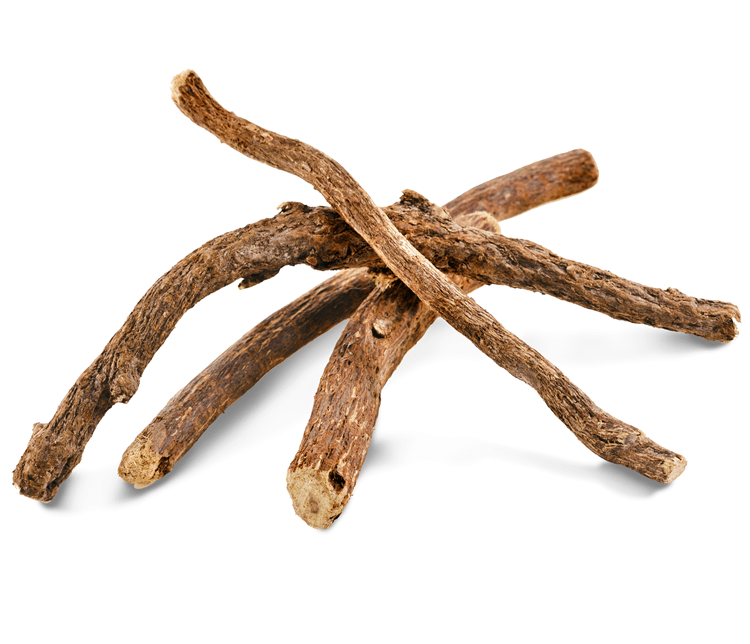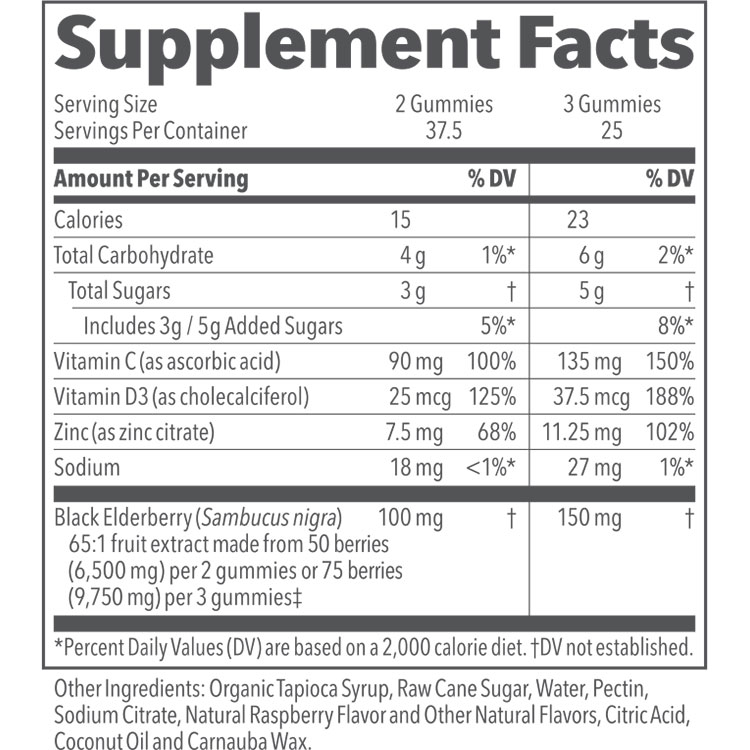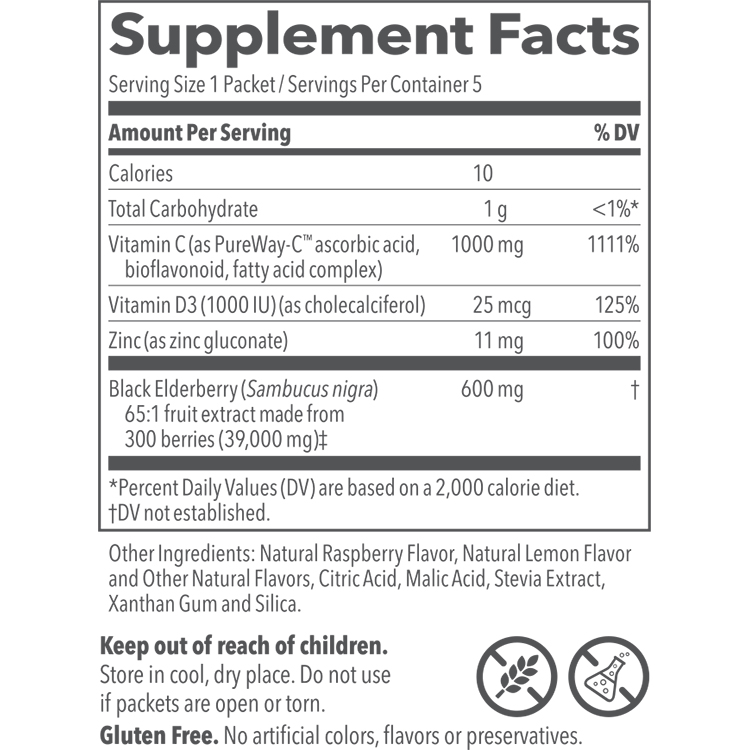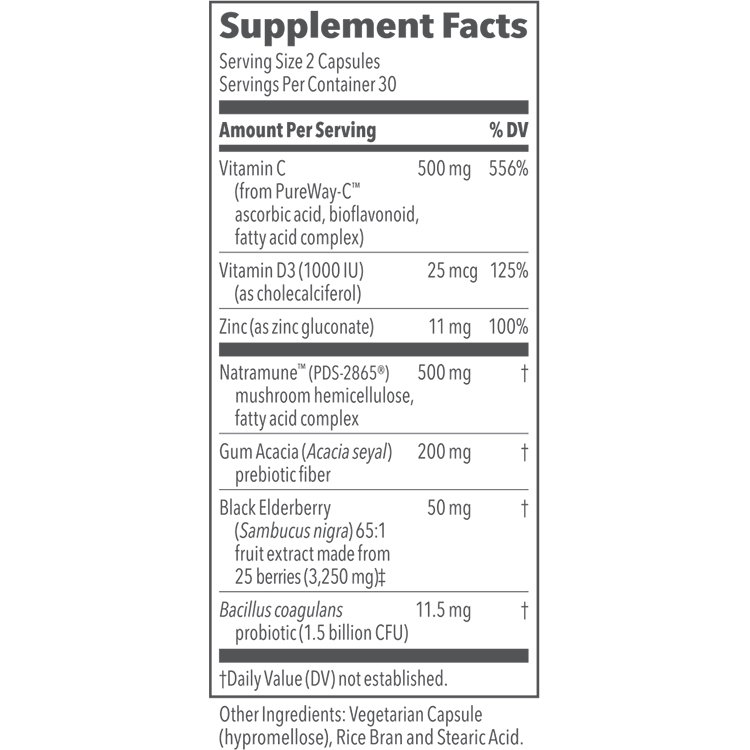You might be surprised to learn that many of the most common plants that we use for cooking (such as tomato, tomatillo, potato, eggplants, and chili peppers1) are part of the nightshade family that also includes tobacco and a powerful, medicinal plant called Ashwagandha. In the West, Ashwagandha is largely a mystery, although it has been used for millennia in the ancient Indian medicine practice called Ayurveda, which combines spiritual and medical practices to heal the body2.
Ashwagandha Appearance and Where it’s Grown
Ashwagandha is a small, year-round shrub with dull, green leaves and brown roots. It produces a small, reddish-orange berry that is surrounded by brown leaves, and the seeds of the plant are small and disk-shaped1. Ashwagandha is found in Africa, Asia, and Europe, and you might have heard of it referred to as Winter Cherry or Indian Ginseng, or by its scientific name, Withania Somnifera2. Ashwagandha is the Sanskrit name of the plant. Ashwagandha is farmed in the drier parts of India such as Punjab, Sind, Madhya, Pradesh, Mansas, and Rajastan.2,3
Ashwagandha Uses
In recent years, Ashwagandha has been “rediscovered” as an adaptogen that is thought to reduce stress, calm the brain, reduce swelling, lower blood pressure, help the immune system, just to name a few. 3,13 If you’re not familiar with “adaptogens”, read on to learn more…
For now, let’s take a deeper look at four of the most exciting ways Ashwagandha is being used today:
- To relieve anxiety and stress,
- To address thyroid issues and mood disorders,
- As anti-inflammatory, and,
- For strength and recovery.
Ashwagandha Health Benefit #1: To Combat Anxiety and Stress
One of the main advantages of Ashwagandha is its reported to reduce stress and anxiety as an adaptogen. According to Dr. Edward Group, a chiropractor and nurse practitioner who focuses on holistic health, adaptogens are substances produced by nature that help the human body adapt to stress by helping the body bring all of its systems into balance when they are thrown off by excessive amounts of stress and fatigue.7 Dr. Group notes in his article that adaptogens could also help
- Strengthen the immune system,
- Maintain a healthy weight,
- Maintain a steady mood, and
- Sharpen the body’s capacity for physical and mental endurance.7
Let’s take a closer look at the science around how Ashwagandha can help with maintaining a healthy weight. Stressed-out people tend to eat more food than people who are more relaxed.8 A recent clinical study published in the Journal of Evidence-Based Complementary & Alternative Medicine highlighted the ability of adaptogens to combat stress-induced eating behavior in humans.
The study’s authors recruited patients who had BMI between 25 and 39.9 with Perceived Stress Scale score of greater than or equal to 20.8 According to the experts, a body mass index over 25 is considered overweight to obese,9 and an average person’s stress score should be around 14.10
The clinical trial lasted eight weeks and was randomized as well as placebo-controlled. The patients received 300 mg of Ashwagandha root extract twice daily.8
The result: Over the entire eight-week study period, the mean cortisol blood level was lower in the group taking the extract.8 For reference, cortisol is a hormone released by the adrenal glands when something exciting happens …it’s our fight or flight hormone;4 lower levels of cortisol in the blood most likely mean lower levels of stress.4
Those who took the Ashwagandha extract during the trial felt less of an urge to emotionally eat and reduced their stress by about 44%.
While more research8 will be done to see if the plant extract could reduce stress in other situations, these findings are very positive and lead us to think that Ashwagandha is a great way to combat anxiety and stress.
Ashwagandha Health Benefit #2: To Help Thyroid Issues and Mood Disorder
A recent clinical study in the Journal of Ayurveda and Integrative Medicine looked at whether Ashwagandha plant extracts could help people who had thyroid problems that were related to bipolar disorder.
The study was an eight-week clinical trial wherein thyroid function was measured, and patients received 500 mg of the (Sensoril®) Ashwagandha extract.11 The results showed that for some of the patients with subclinical hypothyroidism – which is a thyroid that does not produce enough hormones – the hormone levels returned to normal.4
Their mood disorders also improved, since the hormones generated by the thyroid regulate a person’s stress level and mood.4 The researchers also noted that they might be able to attribute the results of their study to the already-known properties of Ashwagandha, such as the anti-inflammatory and neuroprotective benefits.11
Ashwagandha Health Benefit #3: To Relieve Rheumatoid Arthritis
The root extract of the Ashwagandha plant has not only been shown to help with thyroid issues, but it may also help with rheumatoid arthritis (commonly referred to as RA). In a study done by the Department of Pharmacology at the India Institute of Medical Sciences, Ashwagandha powder and the adaptogen Sidh Makardhwaj were used to alleviate joint pain. RA patients were given five grams of Ashwagandha powder twice a day for three weeks, as well as 100 mg of Sidh Makardhwaj. The study cited that people who took the extract of Ashwagandha with Sidh Makardhwaj after seven weeks showed an improvement in their symptoms. Additionally, about 56% of the patients achieved a 20% improvement in feelings of relief from their symptoms.12
Researchers concluded that further study is needed to be 100% certain that Ashwagandha helps RA, but they could report that it most likely would be effective in helping people with arthritis feel better.12
Ashwagandha Health Benefit #4: Strength and Recovery
It has been debated whether Ashwagandha as a supplement can help people to make gains in the weight room and during the recovery phase of exercise.
In November 2015, an article in the Journal of the International Society of Sports Nutrition explored the anecdotal assumption that Ashwagandha helps humans create more muscle mass and strength. The eight-week, randomized, double-blind, clinical setting study was conducted by a group of Ayurvedic and physiological researchers from India.
Study participants consisted of 57 male subjects between the ages of 18 to 50 years old. Half were given 300 mg of Ashwagandha root extract twice a day, and the rest were given a placebo in the form of a sugar pill. During a period of eight weeks, participants underwent resistance training. At the end of every week, the data was measured. The measurements included one rep of leg extensions and bench presses, as well as blood levels of testosterone and creatine kinase to measure the rate of muscle recovery.14
The study found that those who took Ashwagandha increased their strength and muscle size by about 40 to 50 percent compared to the ones who did not take the supplement. Men who took the supplement also saw a reduction of muscle damage from exercise. Increased levels of testosterone were also observed.14
The researcher concluded that the evidence suggests that Ashwagandha may help give better results when resistance training.14
How Much Ashwagandha Can You Take?
Since Ashwagandha is not a regulated drug, there is no official dosage noted, although Peter Bongiorno ND, LAc published an article in Psychology Today wherein he notes that a ”typical dosage is 300mg of ashwagandha … once or twice a day.” 15 It is mostly sold in capsule form with powder made from the root of the plant or a liquid extract. Consult with your health provider to see what amount of the plant you can tolerate.
Feed Your Curiosity
If you want to be the first to know about new posts from our blog, join our email list to receive updates with helpful tips for living a healthy life.
2. Dar, N. J., Hamid, A., & Ahmad, M. (2015). Pharmacologic overview of withania somnifera, the indian ginseng. Cellular and Molecular Life Sciences, 72(23), 4445-4460. doi:http://dx.doi.org/10.1007/s00018-015-2012-1





